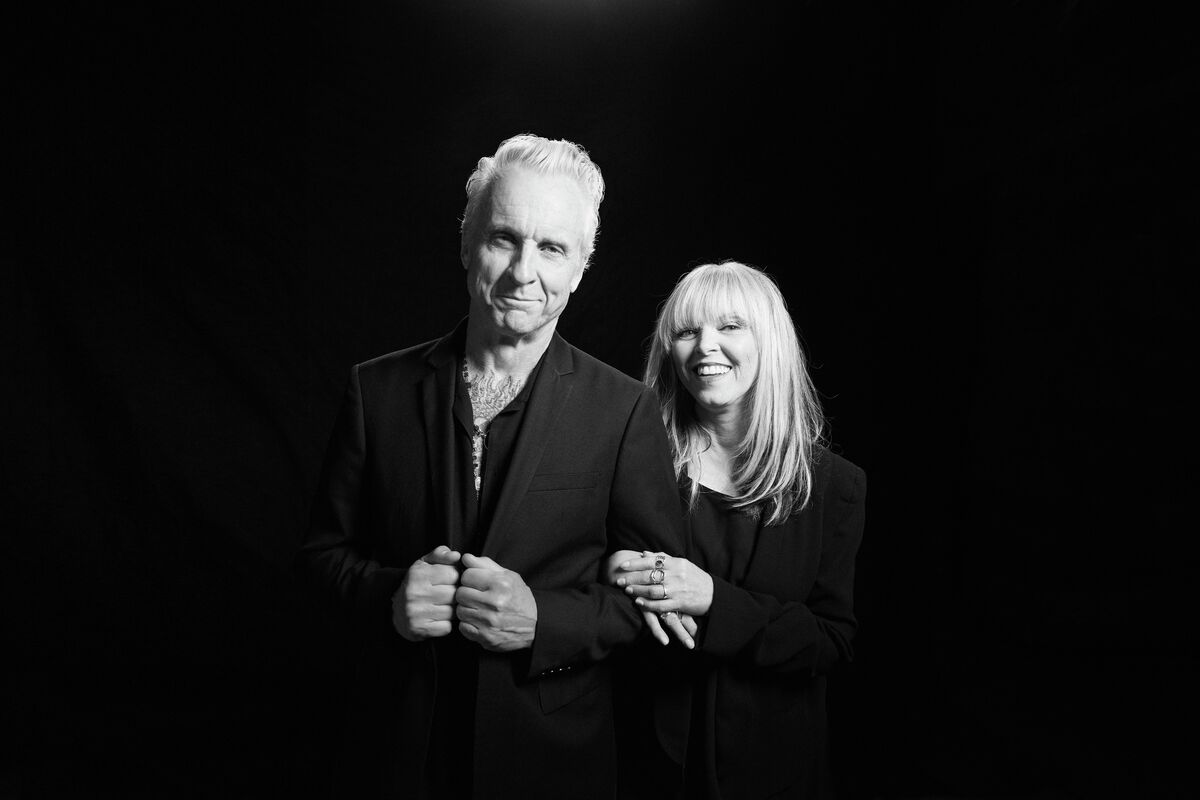Featured News - Current News - Archived News - News Categories
•UPDATE: On Sunday, Cuomo confirmed 16 additional cases of novel coronavirus in New York since his last update, bringing the statewide total to 105 confirmed cases. Of the 16 new cases, 12 are in Westchester County, one in New York City in the Bronx, one in Nassau, one in Suffolk, and one in Ulster.
Additionally, the governor called on the federal government to expedite their approval of private labs and automated and manual testing to expand New York's testing capacity. He also encouraged New Yorkers to work from home, telecommute and avoid densely populated spaces whenever possible to help contain the spread of the virus.
Directs investigation into illegal price gouging connected to outbreak; consumers can report suspected gouging by calling 1-800-697-1220
During a briefing on the novel coronavirus, Gov. Andrew M. Cuomo today declared a state of emergency to help New York more quickly and effectively contain the spread of the virus. The governor also confirmed several new cases.
Additionally, he directed the New York State Department of State's Consumer Protection Division to launch an investigation into reports of unfair price increases of consumer products such as household cleaning supplies and hand sanitizer amid the novel coronavirus outbreak, and launched a toll-free hotline – 1-800-697-1220 – for New Yorkers to report suspected price gouging.
"As we continue to provide essential updates and encourage people to act upon the facts on coronavirus instead of the hype, I have officially done a declaration of emergency, which gives us certain powers to help local health departments that are very stressed," Cuomo said. "As the local health departments continue to monitor and quarantine people, we have a more expedited purchasing protocol to get them all the tools they need to contain the virus spread. In the meantime, we are cracking down on price gouging, which continues to be a problem, and I want businesses to be aware that you could lose your license because we are very serious about this."
This state of emergency declaration allows, among other things:
•Expedited procurement of cleaning supplies, hand sanitizer and other essential resources
•Allowing qualified professionals other than doctors and nurses to conduct testing
•Expedited procurement of testing supplies and equipment
•Expedited personnel onboarding
•Expedited leasing of lab space
•Allowing EMS personnel to transport patients to quarantine locations other than just hospitals
•Providing clear basis for price gouging and enforcement investigation
Cuomo today confirmed additional cases of novel coronavirus in New York, bringing the statewide total to 89 confirmed. Of the 89 total individuals who tested positive for the virus, the geographic breakdown is as follows:
"We are working to do more testing as quickly as possible to find the people who are infected and help contain the spread of the virus," Cuomo said. "There are going to be more cases, because we are testing more people – that's a good thing, because then we can deal with the situation based on more facts. We know about 80% of those infected will self-resolve. The best way to calm anxieties is to demonstrate absolute government competence, and that's exactly what we're doing."
In addition, the Division of Consumer Protection has also created an online consumer complaint form, where New Yorkers can report suspected price gouging or concerns about improper delivery of quantity. Consumers who wish to file a complaint can visit https://www.dos.ny.gov/consumerprotection/.
All credible complaints will be referred to the New York state attorney general's office.
Cuomo said, “I want businesses to be aware that you could lose your license for price gouging. This is serious. It is not just price gouging. It is price gouging in an emergency situation where you are being exploitive of the public. And there are specific legal provisions for price gouging in an emergency situation. I went through this during Superstorm Sandy. We have a customer hotline number at 1-800-697-1220. We have reports of stores selling hand sanitizer for $80 a bottle. It is not worth it. If you are a store, you can lose your license and we are very serious about this. For the few dollars that you are going to make during this situation, it is not worth your while. The State Police are doing an investigation. They will be thorough. I have asked local police departments to also do investigations.
“So please, not only again is it disrespectful, this is also illegal and you will be caught.”
At a briefing yesterday, Cuomo announced travel insurance companies and travel agents will offer New York residents and businesses the ability to purchase coverage when making travel plans that would allow them to cancel a trip for any reason, including for reasons related to COVID-19.
The Department of Financial Services issued guidance allowing travel agents and travel insurers to offer this type of coverage after DFS received consumer complaints that such polices were not available in New York. This new action is designed to provide reassurance to New York businesses and residents who are seeking to make plans that may involve travel to locations that are not currently under travel advisories due to COVID-19.
Six global and national insurance companies have agreed to offer "cancel for any reason" coverage to travelers, including: Allianz, Nationwide, Starr Indemnity, Berkshire, Crum & Forster, and Zurich.
DFS also directed New York travel insurance issuers to proactively reach out to individuals and businesses who bought their policies to let them know what is covered.
Read a copy of the DFS insurance guidance letter.
Cuomo said, “We are testing aggressively, especially along suspected populations by following the infection tree, because we want to identify people, because want to put them in a position where they're not going to infect anybody else. We want to find positives. We're sending mixed messages every time we do these numbers because people say, ‘Oh no, more people have it.’ We say that's good news that we know who the people are so now we can put them in an isolated situation and they won't continue to infect people.
“That is the point of the exercise, my friends, is to find these people. So, we're doing more tests. The more tests the better, the more positives you find the better, because then you can isolate them and you slow the spread. That's been the focus.
“The real question if you're just living your life, ‘OK, so what happens if I get coronavirus?’ That's the question. ‘So, what happens if I get the coronavirus?’ If you get the coronavirus, 80% of the people will walk around and self-resolve. Twenty percent will be hospitalized. The vulnerable population, senior citizens, immune-compromised, underlying illness. We've said that from day one. All the data backs that up. Even take our situation. Seventy-six cases in New York. Ten people are hospitalized of the 76. Ten people hospitalized of the 76. That's about 15%, which is in line with what we said, about 20% will be sick and may require hospitalization. So, that is actually what we're seeing.
“And there's another piece of data from Johns Hopkins, which is so informative. Johns Hopkins has been doing just a tracking, right, because the real question is what has happened to the people who have gotten the coronavirus. This has been going on for weeks now. What's happened to the people who have gotten the coronavirus? Johns Hopkins is tracking just that. This is what they found: 102,000 cases so far worldwide. Johns Hopkins is working with World Health Organization, etc. One hundred two thousand cases. Mortality rate: 3,400 cases. Fifty-seven thousand recovering, 41,000 sick. Over the past two-and-a-half weeks, listen to this, more people are recovering than are getting infected. OK? So, it's exactly what we said. Know the facts; be calm.
“If you get the coronavirus, 80% walk around and self-resolve, 20% get ill and may be hospitalized, senior citizens we have to be very careful of. That's why I am hyper-cautious, nursing homes, senior congregate facilities, immune-compromised. And of the 100,000 people who have gone through this, that's what the numbers show.
“So, that's what happens if you get it; but we still want to do everything we can to make sure you don't get it. And how do we do that? Contain, contain, get a lead, chase it down, get a lead, chase it down, find the positive, quarantine. That's exactly what we're doing and it's going very well.”





























